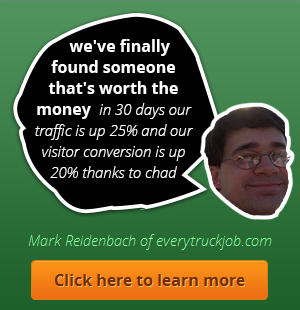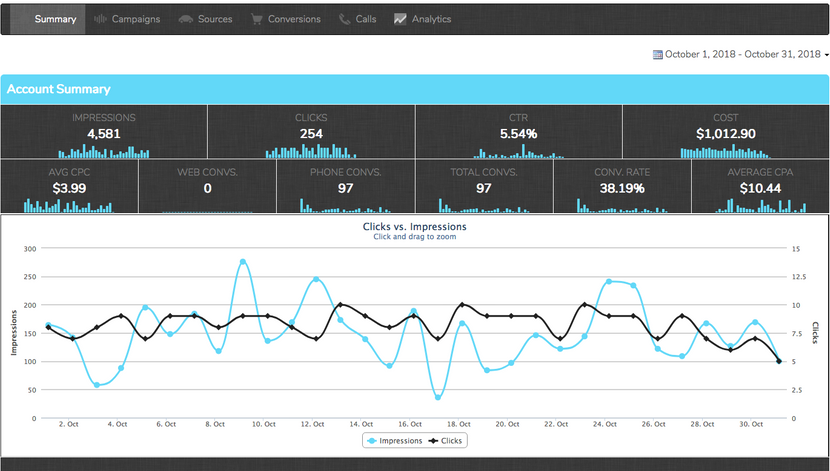Creating great blog content is just the beginning of your SEO adventure. Here are five no-brainer tips to help you optimize your site, even if you’re a complete SEO beginner.

1. Find and Use Relevant Keywords
Users frequently type the same phrases into the Google search bar when they are looking for something, like “how to make a chocolate cake” and “where can I find….”.
Humans are not all that much different from one another. We tend to type the same kinds of search prompts over and over again.
You can use some keyword research tools to determine which keywords make high-traffic blog topics. If your blog is about cooking, you might find through the keyword planner that “best chocolate cake” is currently a hot search term. By including this phrase into your blog — either as a topic or in an existing post about cooking — you’re more likely to attract traffic who are Googling this very topic.
2. Use H1 Title Tags Wisely
The largest heading on the page, H1, stands for Heading One. H1 is one of the first things search engines will notice after the title of your page. That makes it an incredibly powerful page element.
Use an H1 for the biggest heading on your page, and H2, H3 headings for subheadings or section headings.
What should you put in the H1 title? Something relevant to searchers. Something like a keyword.
3.Get Yourself Some Non-Spammy Backlinks
Backlinks get a bad reputation because marketers have abused them too much over the years.
The reason they’re sometimes misunderstood is that there’s a whole Internet underbelly of so-called SEO companies that you can pay to link to your site on their networks of low-quality articles. Don’t do it! This is a move that’s sure to get you on Google’s bad side.
So, how do you get the quality backlinks?
Stick to organic linking, not the paid one. If you happen to be a blogger, try asking another blogger if you can write a guest post for them and link back to your site or work with micro-influencers. If you use WordPress comments, make sure your comment username links to your blog.
Overall, backlinks are the number one way Google decides which sites are authorities and ranks them respectively. After all, if other websites are linking to yours, Google should be, too! If you write great content and engage in online communities, you can develop a healthy ecosystem of backlinks over time.
4.Create a Sitemap and Tell Google About It
Essentially, a sitemap is a basic list of pages accessible to search “crawlers” — programs that search the web for relevant search results — and users. Sitemaps are usually written in XML, a metalanguage that crawlers can understand and transmit to search engines.
Don’t worry. You don’t need to know XML to write your sitemap. You can just copy Google’s example or use of free, third-party tools to create one. Or, if you’re running a WordPress site, just install the Google XML Sitemaps plugin.
5. Above All, Write Content for Humans
You can come up with a lot of ways to catch a search engine’s attention. But setting up your website or blog to appeal to only robots, ignores why search engines exist in the first place — to help people.
Content that people find helpful is going to last very long. People will return to the same helpful tutorial or recipe, the same funny list or video, over and over. If they really like something, they’ll link it on their own website or Facebook or email it to their friends. And as this content gets linked more and more, search engines will take notice and rank it highly. Hope these 5 No-Brainer SEO Tips for Total Beginners helps you if you need more help get in touch with us.



